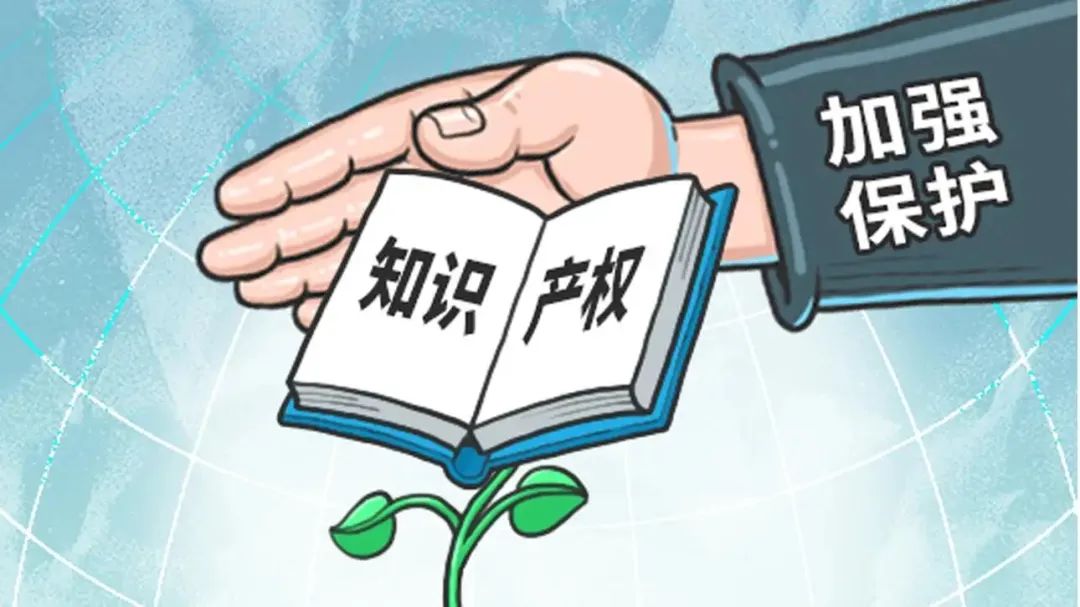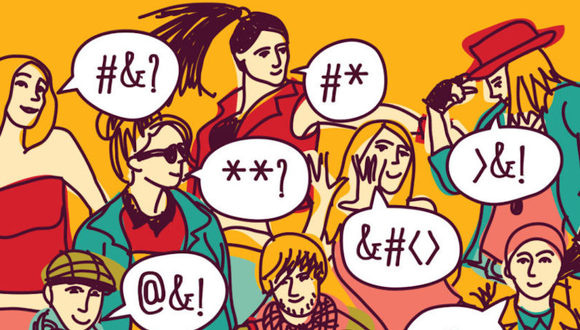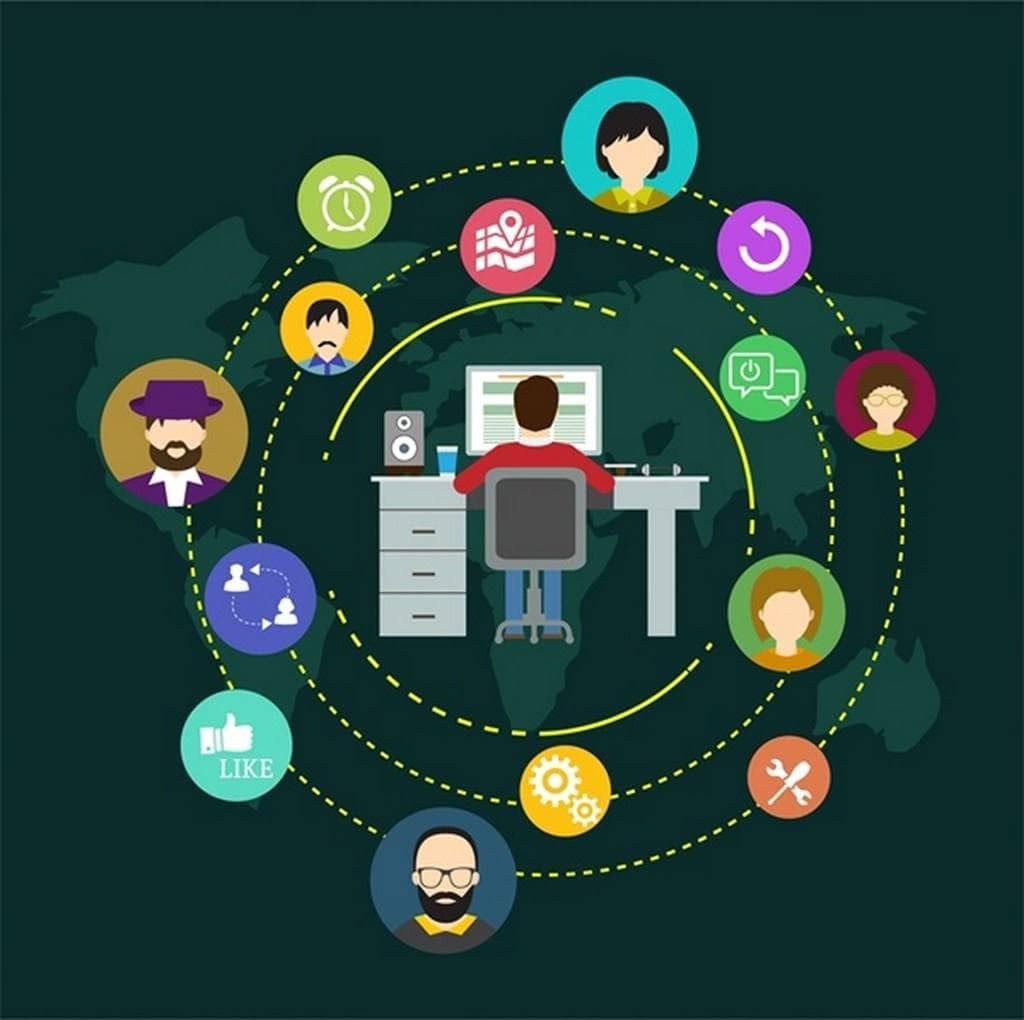Stringent Regulatory Approvals
There are significant differences in drug regulatory laws and regulations among different countries and regions. According to the Sailing Far: White Paper on the Overseas Expansion of Chinese Medicine jointly released by BD and the Boston Consulting Group, the US Food and Drug Administration (FDA), the European Medicines Agency (EMA), and others have extremely strict approval standards for drugs, including requirements for clinical trials, drug quality standards, production processes, and more. For example, the FDA has detailed regulations on the sample size, trial design, and data statistics of clinical trials, while the EMA places more emphasis on the safety and effectiveness of drugs in the European population. The approval process is complex and time-consuming, requiring a large amount of time and resources. This poses a huge challenge for pharmaceutical companies eager to expand overseas markets. Statistics shows that the average approval time for a new drug in the United States is about 10 years, while it is relatively shorter in China.

Coping Strategies: Thoroughly research the drug regulatory laws and regulations of the target market and understand the approval process and requirements. Professional consulting agencies or legal teams can be hired to assist enterprises in regulatory interpretation and application work. Establish a quality management system that complies with international standards to ensure that product quality meets regulatory requirements.
Fierce Market Competition
The global pharmaceutical market is highly competitive, where multinational pharmaceutical companies are in a dominant position. These enterprises possess strong R&D capabilities, along with rich market experience and extensive sales channels. According to the 2023 Market Research Report on the Opportunities and Challenges of Chinese Pharmaceutical Companies' Overseas Expansion (Part 1) released by LeadLeo Research Institute, the market share of the top ten global pharmaceutical companies exceeds 50%, and Chinese pharmaceutical companies face competition pressure from all sides in the overseas market. Pharmaceutical companies in emerging market countries are also rising continuously, intensifying the degree of market competition. For example, Indian pharmaceutical companies are highly competitive in the field of generic drugs, with their products being inexpensive and of reliable quality, and are popular in developing country markets.

Coping Strategies: Increase R&D investment, improve independent innovation capabilities, and develop products with core competitiveness. Cooperate with domestic and foreign scientific research institutions and universities to conduct joint R&D and share resources and technologies to improve R&D efficiency.
Intellectual Property Protection
Challenge Manifestations: Overseas markets have relatively strong intellectual property protection. Pharmaceutical companies need to ensure that their products do not infringe on the intellectual property rights of others and, at the same time, protect their core technologies and patents. According to relevant reports, intellectual property disputes may lead to huge compensation and legal lawsuits, causing serious impacts on the reputation and economic interests of pharmaceutical companies. For example, in 2019, the American pharmaceutical giant Pfizer sued the Indian generic drug company Sun Pharma, alleging that it had infringed on one of Pfizer's patents. Eventually, Sun Pharma was ordered to compensate Pfizer with 150 million US dollars. At the same time, if the core technologies and patents of pharmaceutical companies are not effectively protected, they may also be copied and imitated by competitors, thus losing market competitiveness.

Coping Strategies: Strengthen intellectual property management and establish a sound intellectual property protection system. Conduct comprehensive intellectual property searches and analyses before product R&D and listing to avoid infringement risks. Actively apply for domestic and foreign patents to protect the core technologies and innovation achievements of enterprises. At the same time, strengthen the awareness of intellectual property rights protection and handle infringement behaviors in a timely manner.
Cultural Differences and Language Barriers
Challenge Manifestations: Different countries and regions have different cultural backgrounds, medical habits, and market demands. Pharmaceutical companies need to have an in-depth understanding of the local culture and market and formulate marketing strategies suitable for the local market. For example, in some Asian countries, people pay more attention to traditional medical treatment methods, while in European and American countries, people are more inclined to modern medical treatment methods. It is known that pharmaceutical companies need to prepare a large amount of English materials for overseas expansion, including drug instructions, clinical trial reports, registration application documents, and more. When communicating with partners and customers in non-English-speaking countries, they need to master the local languages, such as French, German, Spanish, and so on. For example, the United States mainly uses English, and pharmaceutical companies need to prepare a large amount of English materials when expanding to the United States, including drug instructions, clinical trial reports, registration application documents, and more. In Europe, different countries have different official languages. For example, France uses French, Germany uses German, and Spain uses Spanish. Pharmaceutical companies also need to prepare corresponding language materials when entering these countries' markets. In addition, some emerging market countries such as Brazil use Portuguese, and the languages in Middle Eastern countries are more complex, including Arabic, Persian, and so on.

Coping Strategies: Conduct market research to understand the local cultural background, medical habits, market demands, and competitive situations. Formulate targeted marketing strategies based on the characteristics of the local market. Establish good cooperative relationships with local partners and jointly explore the market. Cooperative methods such as joint ventures, cooperation, and agency can be adopted to leverage the resources and channels of local enterprises and increase market share. At the same time, pharmaceutical companies can recruit or cultivate multilingual talents or cooperate with professional translation agencies to ensure smooth communication.
Supply Chain Management
Challenge Manifestations: Supply chain management in overseas markets is more complex, involving multiple links such as raw material procurement, production, transportation, and warehousing. Pharmaceutical companies need to ensure the stability and efficiency of the supply chain to guarantee the timely supply of products. According to the report Breaking Through to Overseas: New Directions for the Global Layout of Chinese Pharmaceutical Enterprises - Produced by Shengfang EA Academy released by cnfol.com, changes in international trade policies and rising logistics costs may also affect the supply chain. For example, during the COVID-19 pandemic, the global supply chain was severely impacted, and many pharmaceutical companies faced problems such as raw material shortages and logistics disruptions. At the same time, trade policies in different countries and regions may also have an impact on the supply chain, such as tariff adjustments and trade barriers.

Coping Strategies: Establish a global supply chain system, strengthen the management of raw material suppliers, and ensure the stable supply of raw materials. At the same time, optimize the production layout and improve production efficiency. Strengthen logistics management, select reliable logistics partners, and reduce logistics costs. Pay attention to changes in international trade policies and adjust supply chain strategies in a timely manner.
The overseas expansion of pharmaceutical companies is an inevitable trend in the development of the Chinese pharmaceutical industry, but it also faces many challenges. Only by adopting corresponding coping strategies for different challenges, strengthening R&D innovation, familiarizing with regulatory laws and regulations, attaching importance to intellectual property protection, having an in-depth understanding of the local market, and optimizing supply chain management can success be achieved in the overseas market. Chinese pharmaceutical companies should actively respond to challenges, seize opportunities, and continuously improve their competitiveness to contribute to the development of the global pharmaceutical market.
About Glodom
Glodom is a Global Top 100 Language Service Provider. It has accumulated profound professional knowledge in the field of game localization and has reached long-term and stable cooperation with many well-known game companies around the world. Glodom has more than 300 full-time employees, and its service network covers over 40 countries worldwide, supporting more than 150 languages. We always attach equal importance to innovation and service. With advanced technology and rich project management experience, we have successfully helped numerous enterprises achieve their global strategic layouts. Whether in the accuracy of localized translation or the efficiency of multilingual processing, Glodom has always been at the forefront of the industry.


